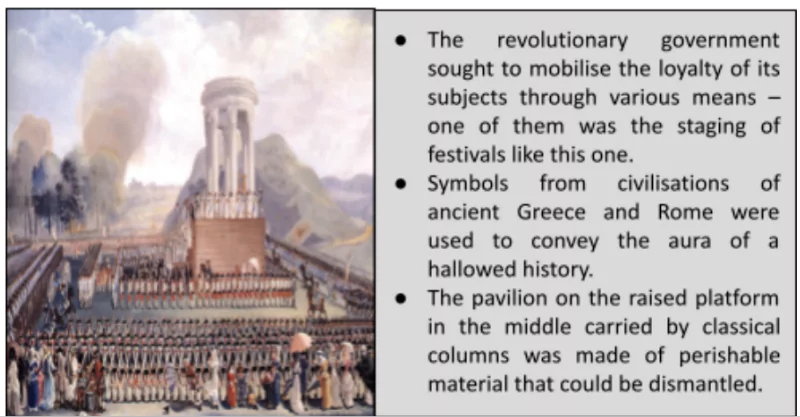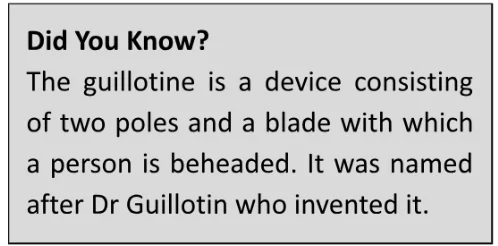![]() 19 Jul 2024
19 Jul 2024
After the signing of the Constitution by Louis XVI, tensions persisted in France. Louis XVI secretly communicated with the King of Prussia, raising concerns among neighboring countries. In anticipation of potential foreign intervention, the National Assembly declared war on Prussia and Austria in April 1792.
Patriotism and Birth of Anthem: Numerous volunteers from provinces joined the French army, viewing the conflict as a battle against European monarchies.
 Red caps symbolized liberty for sans-culottes men, but women were excluded from this.
Red caps symbolized liberty for sans-culottes men, but women were excluded from this. Queen Marie Antoinette faced a similar fate shortly thereafter.
Queen Marie Antoinette faced a similar fate shortly thereafter.
Reforms Under Robespierre
|
Shift in Authority: Following the fall of the Jacobin government, wealthier middle classes took reins of power in France.
| Must Read | |
| Current Affairs | Editorial Analysis |
| Upsc Notes | Upsc Blogs |
| NCERT Notes | Free Main Answer Writing |
This period of political instability and conflicts that arose between Directory and legislative councils eventually paved the way for rise of a formidable military dictator, Napoleon Bonaparte. Despite these tumultuous changes in governance, the ideals of freedom, equality before the law, and fraternity remained intact. These principles continued to inspire and drive political movements across France and the rest of Europe in the century that followed.
| Related Articles | |
| The Role and Status of Legislative Council: A Comparative Analysis | TRIBUNALS IN INDIA |
| EUROPEAN UNION | REVOLUTION OF EARTH |
<div class="new-fform">
</div>